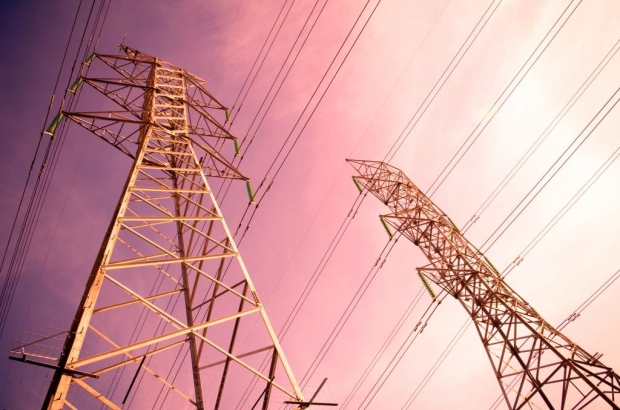- Daily & Weekly newsletters
- Buy & download The Bulletin
- Comment on our articles
Belgian businesses pay more for electricity than neighbours
Belgian businesses are paying between 16% and 40% more for electricity than the average price in neighbouring countries. This creates a competition handicap of some €400 million a year, according to a study carried out by Deloitte for Febeliec, the federation of industrial energy consumers.
Deloitte’s figures show businesses in Flanders paying between €6 and €11 more per megawatt-hour, while those in Wallonia pay €7 to €18 more. “For energy intensive companies, the additional cost runs into millions of euros a year, a handicap that can’t be made up for in the tough competitive world of today,” says Febeliec.
Last year’s high electricity prices were the result of the continued closure of a number of nuclear power plants. Towards the end of the year, it was announced that two of them would re-open, and the other two would operate beyond the expected permanent closure.
Spot prices came down rapidly to a level close to that in neighbouring countries, but by that time many companies had signed contracts for 2016 at the higher price level, the report says, forcing them to carry the price handicap forward. In some cases, that was for one or two trimesters, in other cases for the whole year.
The federation is now calling for the government to introduce a cap on energy prices, so they can be better aligned to the prices paid in neighbouring countries. “If energy costs in Belgium are higher, the various government levels need to take measures to restore the competitiveness of our industries,” Febeliec said.
Photo: Ingimage










Comments
And the rest of us pay more for products in supermarkets (for example, compare prices in Delhaize, Colyruyt or Carrefour Be with those in Auchan in France, Real in Germany or even AH in the Netherlands), as well as those we can't escape, such as car insurance, phone, internet, electricity etc. etc. And 21% VAT is attached to nearly everything, including vital services. Unfortunately even the national consumer organisation doesn't address the pricing fixing and/or lack of competitive pricing that is rampant in this country.